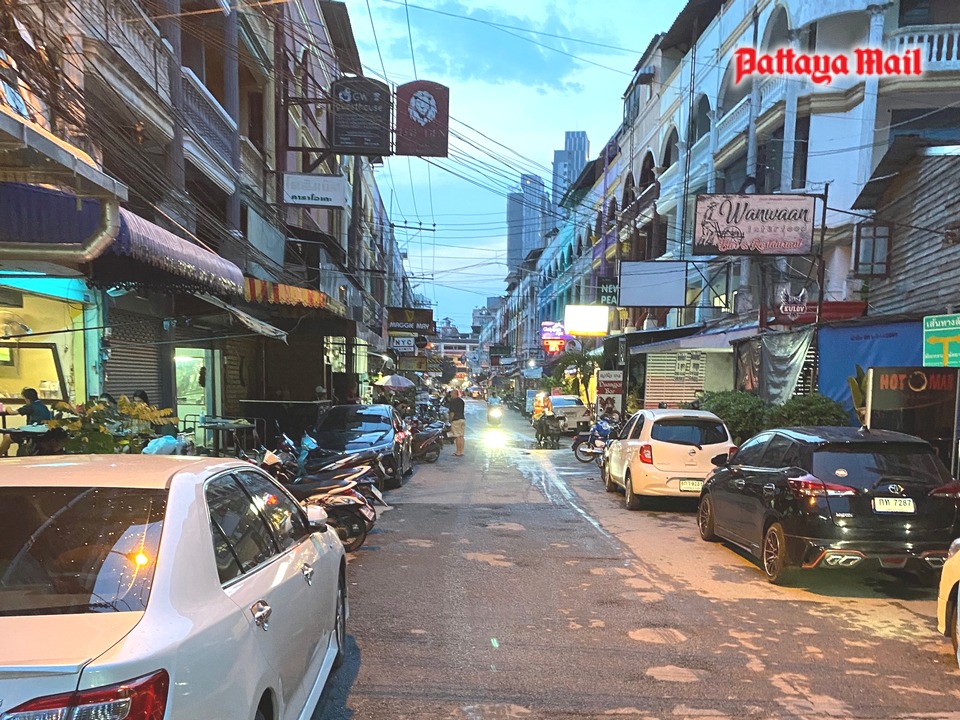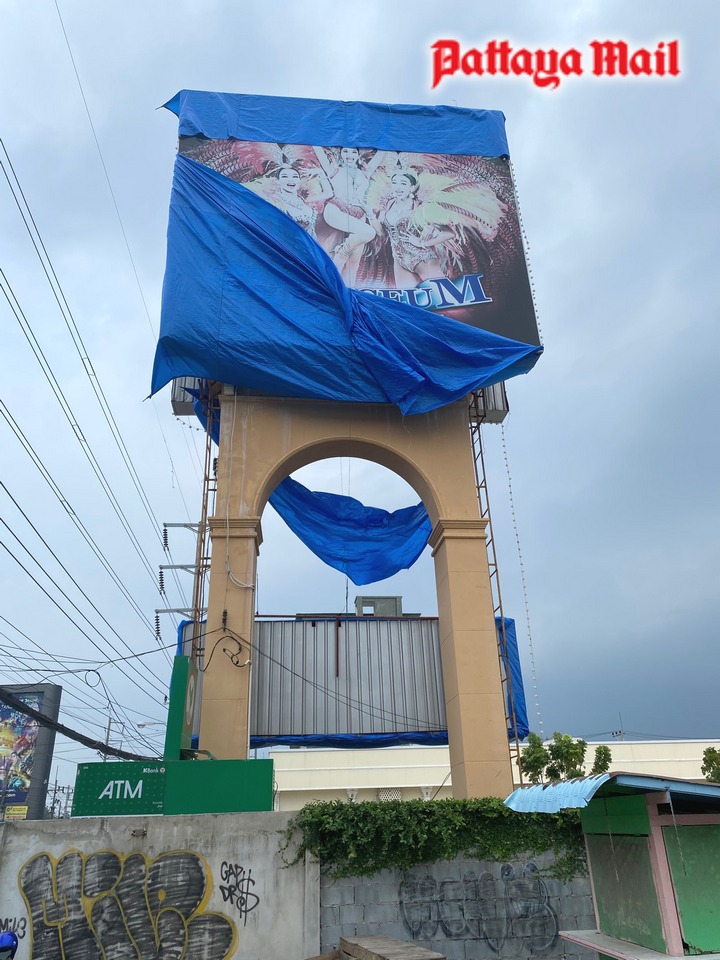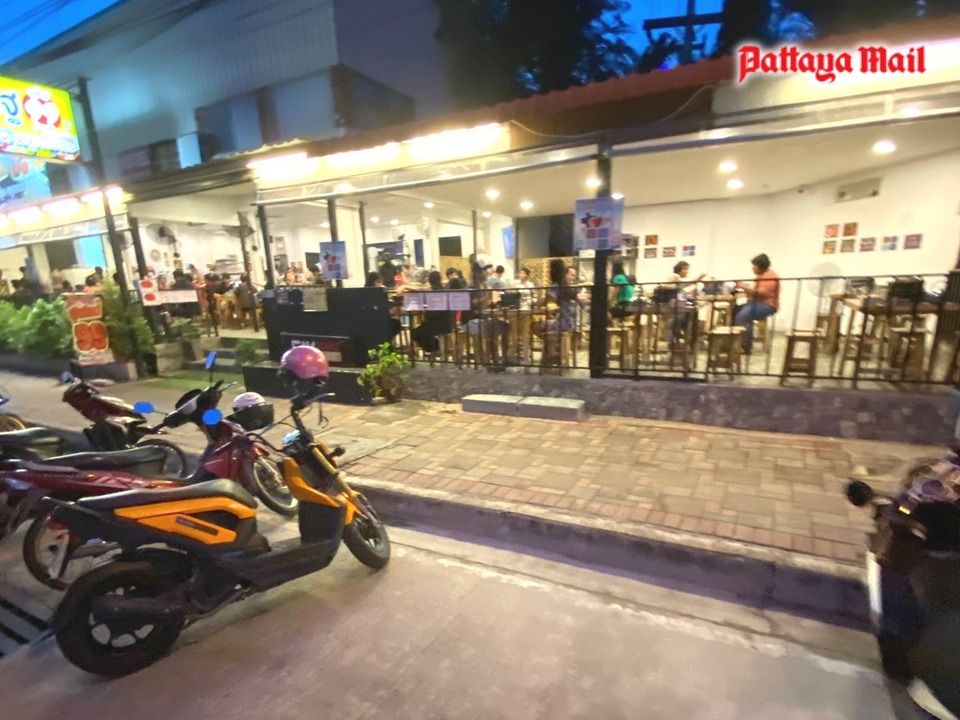
Residents, expats and tourists reacted with resignation to the recently-announced closure of nightclubs, karaokes and bars which took effect on April 10. Chonburi (including Pattaya) is one of over 40 provinces where the Centre for Covid-19 Situation Administration (CCSA) announced the ban. Cinemas and theatres are also in the net.
Certainly the obvious Pattaya night entertainment districts – Soi L.K. Metro, Walking Street, Boyztown, Sexy Soi 6 and Jomtien Supertown, etc. – were mostly in darkness as they always are during coronavirus panics. However, massage parlors have been left undisturbed as long as they perform the traditional therapy and avoid “soapies”

Yet the CCSA edict was much more limited than the two previous ministerial orders which lasted for three months (April-June 2020) and then one month (January 2021). Those earlier restrictions additionally outlawed massage parlours, whilst the first one made it impossible even to get a haircut, or a meal in a restaurant, or to travel outside the province. For a time, it was even illegal to buy alcohol in a supermarket, let alone consume any in licensed premises.
For now, at any rate, restaurants can serve alcohol to 10 pm, whilst travel in and out of Chonburi province is unrestricted. Effectively, there are hundreds of licensed restaurants in Greater Pattaya open and serving both food and booze. Nor is live entertainment banned as long as it does not take place in a bar or club. A popular venue, for example, is the open-air forecourt of Central Festival on Pattaya’s Beach Road where food stalls are plentiful.

Although Pattaya is almost completely devoid of foreign tourists, the first weekend of the latest restrictions saw the Beach Road packed with cars, mostly showing Bangkok registration plates. Both Pattaya and Jomtien promenades were busy with domestic tourists and their families. Thai restaurants in particular were doing a roaring trade, especially near the beach areas.
Pattaya City Hall has stated that premises providing “entertainment likely to spread coronavirus” must close, but this seems to have been interpreted to mean evening drinking bars and nightclubs – not licensed to sell food. Yet the authorities have also warned restaurants and other retail businesses to observe anti-virus measures, such as social distancing and customer identity proof, or risk closure.
There appear to be two views on future developments. One is the belief that the government thinks crowded clubs and drinking dens are the main threats and that other public measures are very subsidiary. The other view is that the authorities are being generous for the next few days – Songkran being the main holiday and travel period in the year – before the real crackdown begins later in the month. With daily recorded infections nationally soaring towards 1000 and some provinces preparing field hospitals, a repeat of the far more onerous measures of April 2020 cannot be ruled out. To say the least.





